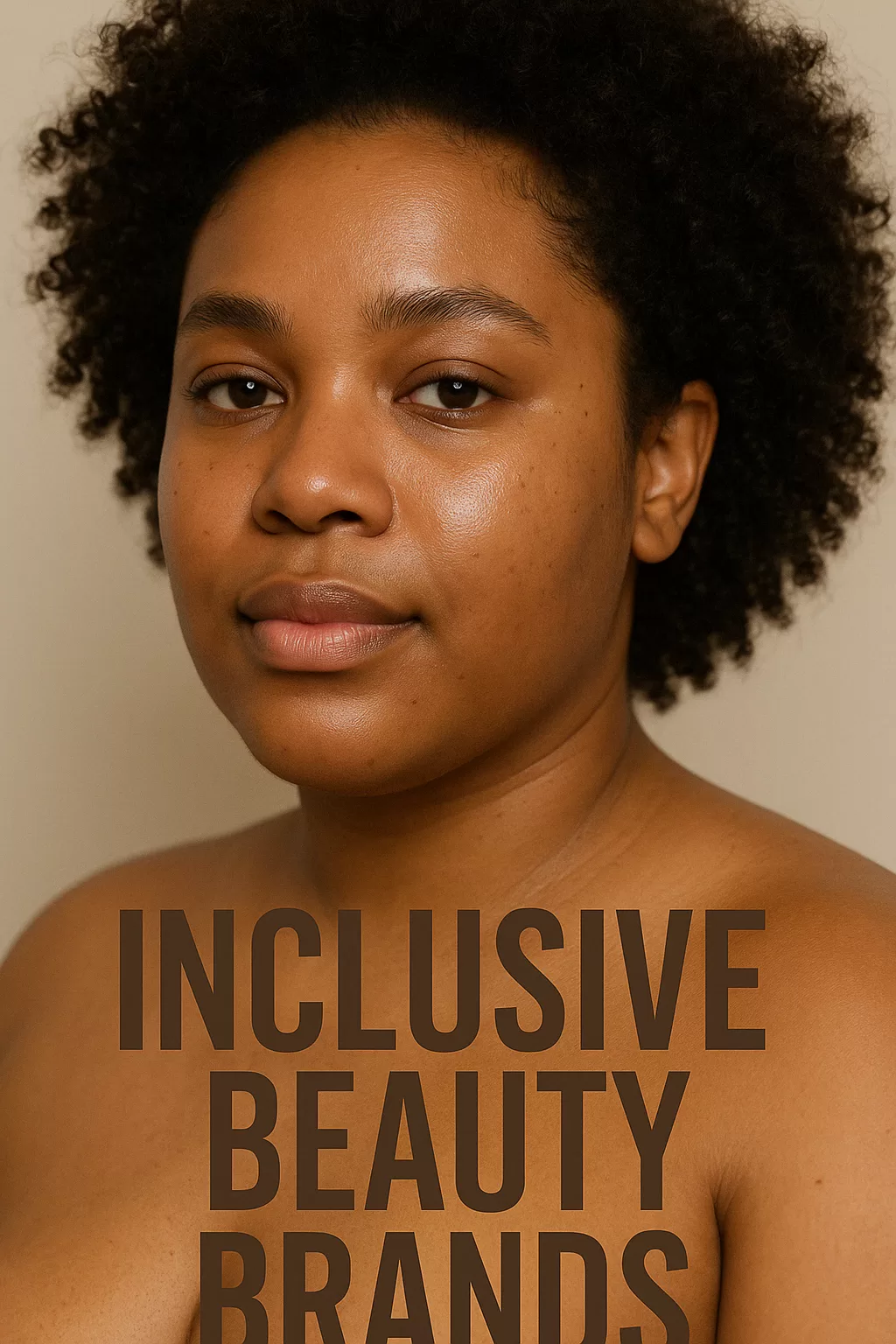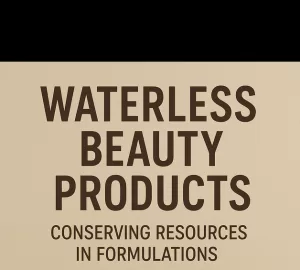The beauty industry has long been synonymous with exclusivity, favoring Eurocentric features and narrow standards of beauty. But over the last decade, a cultural shift has sparked a revolution: inclusive beauty brands are rewriting the narrative, creating products that celebrate every shade, shape, and identity.
From expanded foundation ranges to gender-neutral skincare, diversity is no longer a marketing gimmick—it’s a movement. Let’s explore how today’s beauty brands are changing the game and setting new standards for what it means to be truly inclusive.
What Does Inclusive Beauty Mean?
Inclusive beauty means creating products and campaigns that are representative of all people, regardless of their skin tone, ethnicity, gender identity, age, or ability. It’s not just about offering 40 foundation shades (although that’s part of it). It’s about formulating for different undertones, celebrating textured hair, recognizing mature skin, and designing packaging that’s accessible to everyone.
It’s about authenticity, empathy, and visibility.
Why Diversity in Beauty Matters
Representation affects self-esteem. For decades, marginalized groups have been excluded from mainstream beauty campaigns and products. When beauty brands recognize and celebrate all individuals, they empower consumers to feel seen, valued, and beautiful.
Plus, from a business perspective, inclusivity just makes sense. The global population is more diverse than ever, and people want to invest in brands that reflect their values.
Top Inclusive Beauty Brands Leading the Charge
Fenty Beauty by Rihanna
Let’s be honest—Rihanna didn’t just enter the beauty space, she transformed it. When Fenty Beauty launched with 40 foundation shades (now 50+), it challenged an entire industry to step up. The brand was formulated with inclusivity at its core, not as an afterthought.
Fenty’s impact is often called “The Fenty Effect”—it forced legacy brands to expand their shade ranges and rethink their target audiences.
UOMA Beauty
Founded by Nigerian-born Sharon Chuter, UOMA (pronounced “uh-mah”) is redefining what inclusive beauty looks like. With products that honor African heritage and a deep understanding of melanin-rich skin, UOMA’s slogan says it all: “Beauty starts the moment you decide to be yourself.”
UOMA also leads initiatives like #PullUpOrShutUp, demanding transparency from brands on how they support Black communities internally and externally.
Mented Cosmetics
Short for “pigmented,” Mented was created by and for women of color. Founders KJ Miller and Amanda E. Johnson couldn’t find a nude lipstick that suited deeper skin tones, so they made their own. Now, Mented offers a full range of inclusive beauty products designed with pigment-rich formulations for melanin-rich skin.
Live Tinted
Founded by Deepica Mutyala, Live Tinted celebrates South Asian beauty and tackles concerns like hyperpigmentation common in deeper skin tones. The brand’s “Huestick” color correctors are beloved across skin tones for their versatility and inclusivity.
Gender-Inclusive and Disability-Inclusive Beauty
Inclusivity isn’t just about skin color. These brands are leading the way in embracing all kinds of beauty.
Jecca Blac
This gender-free beauty brand is known for its commitment to the LGBTQ+ community. Created by makeup artist Jessica Blackler, Jecca Blac was originally designed for transgender women but now offers inclusive makeup for all gender identities.
Guide Beauty
Founded by makeup artist Terri Bryant, Guide Beauty focuses on accessible makeup products for people with mobility challenges or motor skill disorders. Their ergonomic, easy-to-hold applicators allow everyone to enjoy makeup artistry.
How Legacy Brands Are Catching Up
Legacy giants like L’Oréal, MAC, and Maybelline have responded to the demand for inclusivity:
- MAC Cosmetics has long been known for supporting LGBTQ+ causes and offering a wide shade range.
- Maybelline has expanded its Fit Me line to include more undertones and launched diverse influencer campaigns.
- L’Oréal Paris now offers products across a broader spectrum of skin types and ages, emphasizing diversity in marketing.
Challenges in Achieving True Inclusivity
While progress is being made, the road to true inclusivity is far from over. Some common issues include:
- Surface-Level Diversity: Brands often showcase diverse models without reflecting it in their product formulation or corporate practices.
- Tokenism in Campaigns: Featuring a single model of color doesn’t make a brand inclusive.
- Accessibility Gaps: Many products are still priced out of reach for consumers in marginalized communities.
Consumer Power: Holding Brands Accountable
Today’s beauty consumers are informed, vocal, and powerful. Social media has made it easy to spotlight both inclusivity wins and failures. Campaigns like #PullUpOrShutUp and influencers reviewing “deep shade tests” keep the pressure on brands to deliver on their promises.
Brands are now being judged not just on their marketing, but their mission, their workforce diversity, and their community involvement.
What’s Next for Inclusive Beauty?
The future is bright—and bold. Here’s what we can expect:
- Cultural Representation: More brands will tailor products for cultural beauty practices—think K-beauty, Ayurvedic skincare, Afro-textured haircare.
- Tech-Powered Personalization: AI-driven platforms will continue to offer shade-matching and personalized solutions for all.
- Sustainability and Ethics: Consumers want eco-friendly products that also align with their values around equity and fairness.
Conclusion: True Beauty is Inclusive
Inclusive beauty brands are no longer just “niche.” They are leading the industry with innovation, empathy, and purpose. Whether it’s the pigment-rich hues of Mented or the accessible design of Guide Beauty, today’s best beauty brands are proving that diversity isn’t a trend—it’s a standard.
So next time you shop for skincare or makeup, choose a brand that celebrates you, just as you are.
FAQs
Inclusive beauty ensures that everyone, regardless of skin tone, gender, or ability, has access to products that suit their unique needs and celebrates their individuality.
Fenty Beauty, UOMA, Mented Cosmetics, Live Tinted, and Jecca Blac are recognized leaders in inclusive beauty.
Fenty’s launch with 40+ foundation shades set a new standard, encouraging brands to expand their offerings and prioritize underrepresented consumers.
No. Inclusive beauty also addresses gender identity, age, disability, and cultural representation, creating products for every kind of person.
Not necessarily. Many inclusive brands offer competitive pricing, and accessibility is a growing focus in product development.
By purchasing from diverse brands, supporting inclusive influencers, and holding companies accountable for authentic representation.







